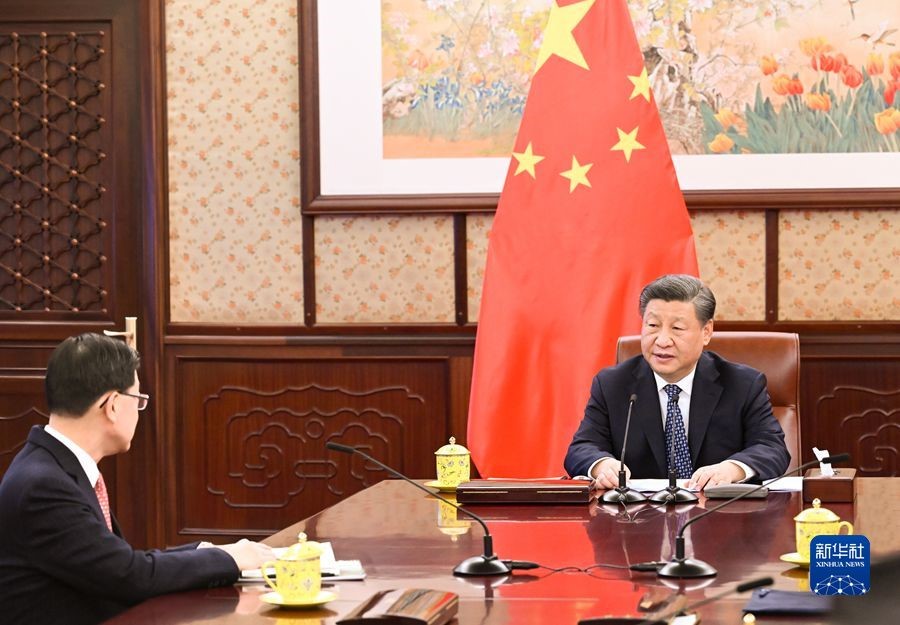The balance of power is changing in the communist world with China emerging as the dominant power in the Sino-Russian bilateral relationship.
Beijing’s political influence is also expanding in the Russian Far East. It is employing “soft power” to increase economic opportunities inside Siberia while Putin is occupied with the war in Ukraine. China is repeating the pattern it followed in securing its interests in Central Asia. What is raising concern among Western China watchers recently is the type and effectiveness of the tools Beijing is using out of its Central Asian playbook. Some analysts suggest China is setting the stage to move from deploying soft power to hard in Russia’s Far East in the coming years.
Beijing’s reach is already beyond simple economic influence. Recently, China began deploying private security companies (PSCs) in the area as it has done elsewhere overseas. China is directing its investment efforts toward accommodating the major stakeholders in Siberia who control what companies can operate in their regions. The Russian publication Kommersant reports that the inflow of Chinese investment was complicated by economic sanctions last year.
To alleviate some of the challenges it posed, the Russian Ministry for the Development of the Far East announced plans to develop Advanced Special Economic Zones (ASEZs) to attract partners who can create manufacturing facilities in the Far Eastern regions along the Chinese border. The companies it is attracting are Chinese and well-funded. This area has over three times the level of investment of that in other parts of Russia.
Over the last year there was an increase of over 530 firms setting up operations and over 3,300 individual projects receiving state support.
China views its role as supportive of the regional elites and as a provider of funding opportunities that Moscow can no longer handle since the onset of its war in Ukraine. However, it is not all benign. “These means go to sponsoring ethnic unrest and then supporting elite crackdowns, even using outright corruption to win over government officials and business leaders,” according to Paul Goble of the Jamestown Foundation. East of the Ural Mountains, in particular, China is pushing to expand its influence inside the Russian Federation. Moscow has taken notice and it has generated concern inside the Kremlin and at the regional level in parts of the Far east. Xi Jinping recognizes that Vladimir Putin is busy with his war efforts in Ukraine and it presents him with a unique opportunity to make inroads with little resistance from the Kremlin.
China’s neo-imperialism, however, is not without its local critics who are resisting China’s increased activity. While some view the investments as purely economic and positive, many locals are growing concerned that China’s tactics include the formation of political alliances with regional elites that threaten their territorial integrity. Goble says that “Such fears limit the success of China’s soft power offensive at the mass level,” but remain less impactful with the regional elites.
Far Eastern leaders have “kowtowed” to Beijing for a long time. Large parts of the region once belonged to China. The population is ethnically Chinese and speaks Mandarin. Local Russian officials are growing in their deference to Beijing. Almost a year ago, the governor of Russia’s Amur Oblast ordered that schools on the Russian-Chinese border begin offering special “in-depth study of the Chinese language.”
These courses are now mandatory in the city of Blagoveshchensk, with the program expanding along the border schools in other cities. China’s influence is growing among the masses, too. Street signs in many areas are now in Chinese.
Putin’s summer visit with Xi Jinping was touted officially as a success, however, it was not as positive as portrayed by the participants. The Liaoning province meeting basically discussed what China was willing to provide Russia. It appears that Putin received little beyond the opportunity to meet. The deals signed boosted Chinese trade opportunities in Siberia and as far west as the Ural Mountains. The two leaders also agreed to open additional Chinese trade offices, that will effectively operate as “proto-embassies” and further expand Chinese influence. Russian media downplayed Putin’s trip, as it highlights a region now leaning toward Beijing and away from Moscow Center. Goble points out that bilateral agreements the leaders signed enable regional Russian authorities to work directly with Beijing, rather than through Moscow as normally required under Russian law.
Perhaps most telling about the bilateral relationship, is that after the conclusion of the meetings this summer, China issued new maps of its Indian and Russian border areas. They included territory previously not marked as Chinese. Moscow did not make a strong attempt to walk back the newly drawn borders, although a Foreign Ministry spokesperson said they did not reflect the reality. Aggressive
Chinese moves may portend further hard power incursions into Russia’s Far East and, perhaps, a window in future events should Beijing decide to reclaim the land it lost at the end of World War II.
Daria Novak served in the U.S. State Dept.
Photo: China Government site
